6, February 2024
Senegal on the brink after elections postponed 0
Senegal’s reputation as a bastion of democracy in an unstable region is on the line after protesters clashed with riot police outside parliament on Monday.
Inside, lawmakers passed a contentious bill to extend President Macky Sall’s tenure and delay elections after he called off a planned election with just three weeks to go.
There was a heated atmosphere in the chamber, and some opposition MPs had been removed before the vote by police clad in riot gear after they tried to block proceedings.
Khalifa Sall, a leading opponent and a former mayor of Dakar, who is not related to the president, called the delay a “constitutional coup” and urged people to protest against it. His political coalition has vowed to go to court.
Thierno Alassane Sall, another candidate, also no relation, called it “high treason” and urged his supporters to gather in front of the National Assembly to protest and “remind MPs to stand on the right side of history”.
The proposal needed the support of three-fifths (i.e. 99) of the 165 deputies to pass. The ruling Benno Bokk Yakaar coalition, of which President Sall’s Alliance for the Republic party is part, has a slight majority in parliament.
In the end 105 MPs voted for the proposal. A six-month postponement was originally proposed, but a last-minute amendment extended it to 10 months, or 15 December.
Mr Sall reiterated that he was not planning to run for office again. But his critics accuse him of either trying to cling on to power or unfairly influencing whoever succeeds him.
No sooner had he announced the unprecedented postponement than protesters marched across the capital, Dakar, to call for a reversal.
Source: BBC
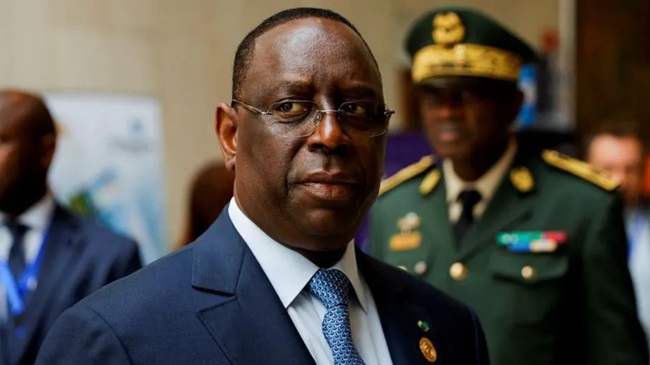


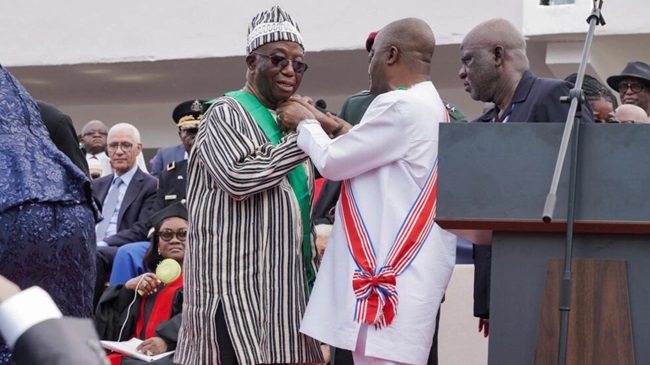
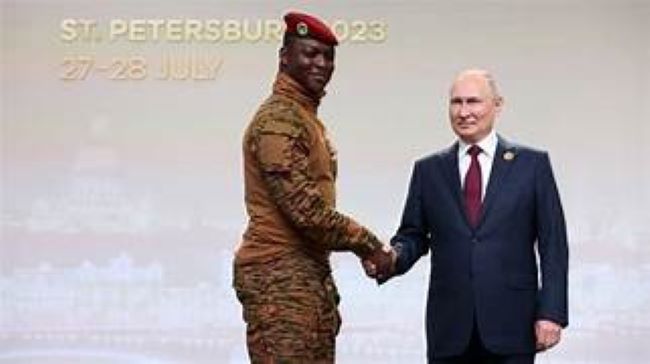
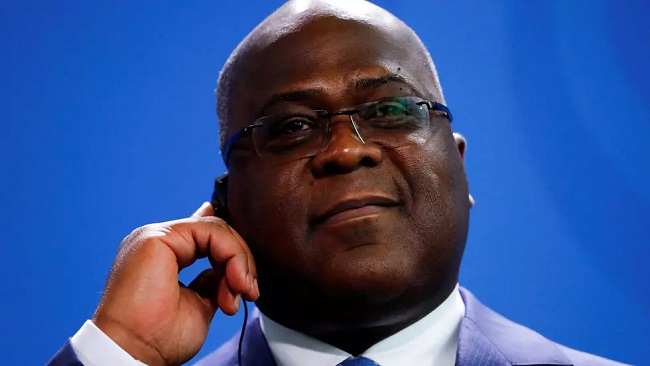
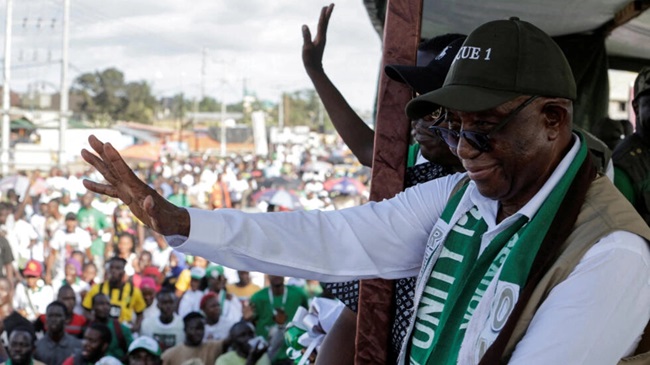
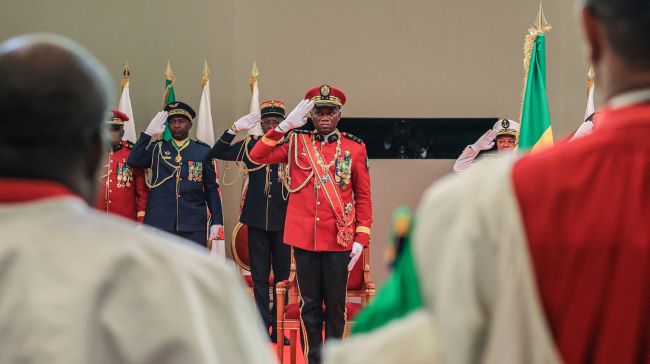
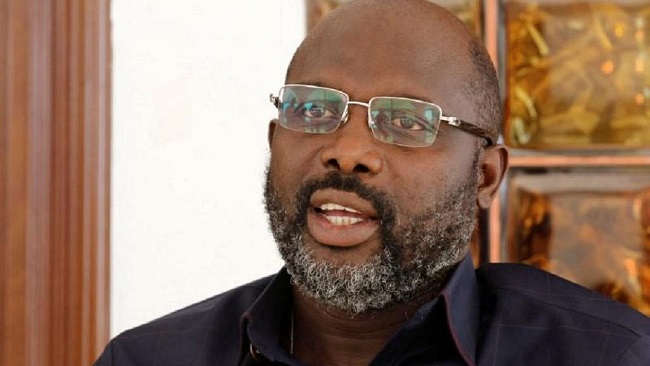















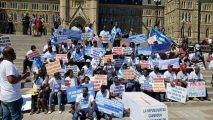
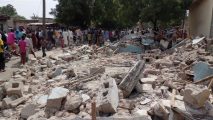
10, February 2024
Protests in Senegal turn deadly as political crisis deepens over election delay 0
Senegal’s political crisis deepened as a second person died Saturday in increasingly violent protests against President Macky Sall’s decision to postpone upcoming presidential elections.
A 23-year-old man died Saturday after being shot during clashes in the capital Dakar, two of his relatives told AFP, while a 22-year-old student died Friday in the northern town of Saint-Louis in still uncertain circumstances.
“The international and regional community must bear witness to the excesses of this dying regime,” said presidential candidate Khalifa Sall (no relation).
Modou Gueye, a market vendor, took “a live round to the stomach” on Friday in the Colobane neighbourhood of the capital Dakar, said his brother Dame Gueye, 29, who was with him at the time.
His brother-in-law Mbagnick Ndiaye said he succumbed to his injuries Saturday morning.
Authorities have yet to confirm Gueye’s death, but videos posted to social media suggest there were others injured as well.
In Saint-Louis, Alpha Yoro Tounkara died on the campus of Gaston Berger University where he was studying geography, and a hundred of his classmates held an all-night vigil for him.
The Interior Ministry issued a statement denying that security forces had operated within the university campus.
Reputation in question
Anger has mounted since President Sall last week postponed until December a presidential election scheduled February 25. The postponement came hours before official campaigning was due to begin.
Protests were held across the country Friday and police made wide use of tear gas to keep crowds away from a main central square in Dakar, also closing main roads, rail lines and major markets.
Reporters Without Borders said at least five journalists were targeted by police in Dakar.
Senegal’s democratic record on the line as presidential vote delay sparks crisis
A new round of protests are planned for Tuesday.
Sall said he postponed the election because of a dispute between parliament and the Constitutional Council over potential candidates who were not allowed to stand, and has said he wants to begin a process of “appeasement and reconciliation.”
The postponement has been criticised by the United States and European Union. Senegal’s parliament backed the move after security forces stormed the chamber and removed some opposition deputies.
Parliament also voted to keep Sall in office until his successor takes office, which is unlikely to be before early 2025. His second term was due to end April 2.
The crisis has called into question the West African country’s reputation for democratic stability in a region beset by military coups.
Source: AFP